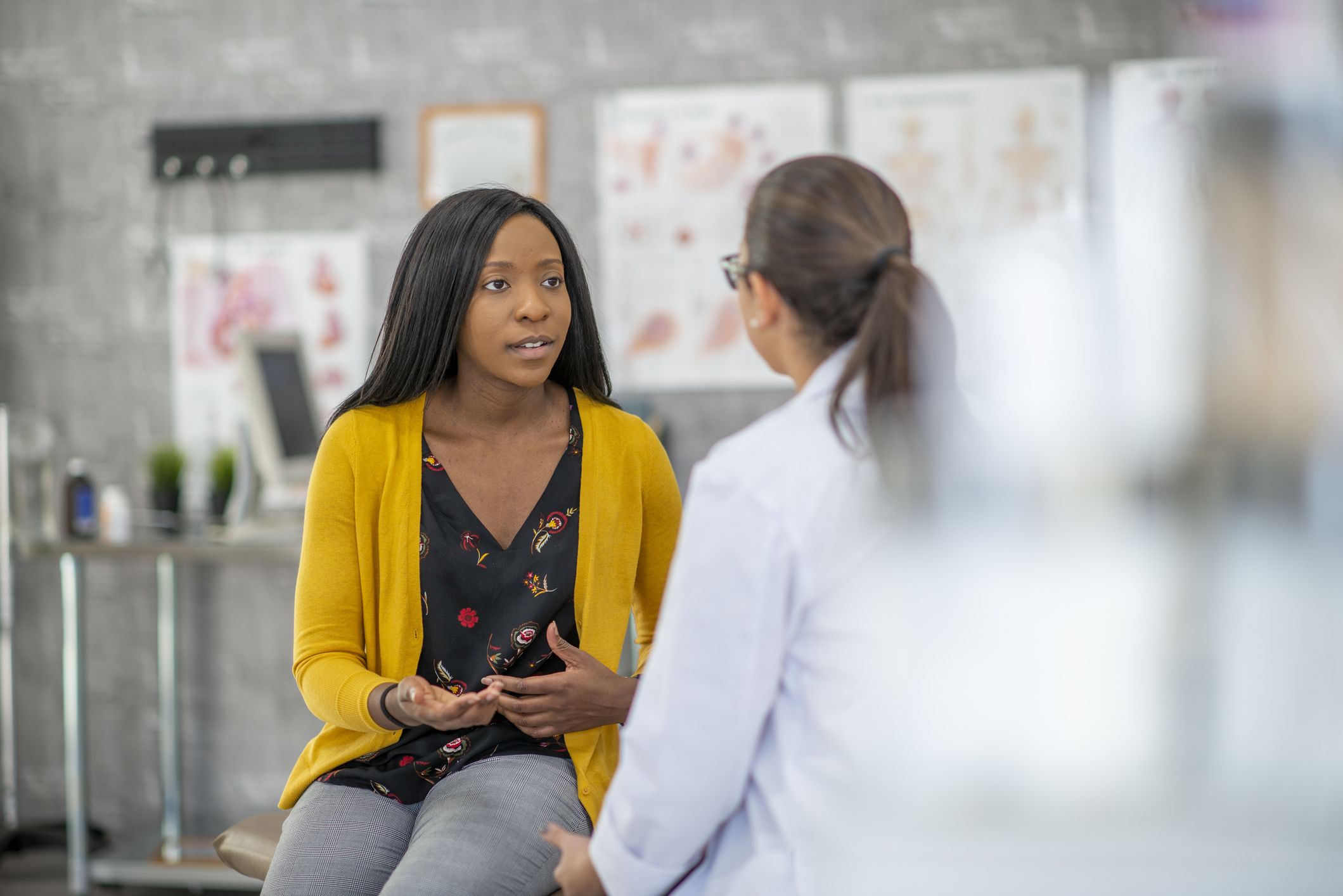Updated on June 26, 2023
An estimated 176 million people worldwide are living with endometriosis. It’s a condition in which tissue similar to the lining of the uterus (also known as endometrial tissue) grows outside the uterus. The result is often severe menstrual cramps, heavy periods, lower back pain, and fatigue.
Endometriosis can affect many aspects of a person’s everyday life, yet many people with the condition don’t realize they have it. In fact, it can take up to 10 years to receive a definitive diagnosis.
Here are some common assumptions and reasons people may not seek—or receive—prompt medical attention for endometriosis, and what can be done to dispel misconceptions.
Reason 1: “This pain is just a normal part of living.”
More than 50 percent of women experience painful periods, but pain that severely impacts daily life is not normal. While most women experience endometriosis-related pelvic pain right before and during their periods, some can experience constant and debilitating pain that leaves them bedridden for days.
Some women have described endometriosis pain as “the worst pain of their lives” or “more painful than giving birth.” When pain and discomfort begin to affect your relationships, career, sense of self or more, it’s time to have a discussion with a healthcare provider (HCP).
Reason 2: “Sometimes, my periods are heavy and abnormal. It happens.”
Heavy menstrual flow may be no cause for alarm, but 50 percent of women have an underlying condition responsible for their heavy periods. Irregular bleeding and heavy menstruation, even occasional in nature, are common symptoms of endometriosis.
No two women experience endometriosis the same way, so while heavy periods may not be a concern for one woman, they may indicate abnormalities in another.
Reason 3: “Most of my close female relatives have lived with difficult periods their entire lives.”
The causes and risk factors behind endometriosis are very complex and while scientists aren’t exactly sure what causes the disorder, many agree that genetics play an important role in its development. A person who has a close female relative with endometriosis is five to seven times more likely to have it themselves.
If you are experiencing what could be endometriosis symptoms (such as heavy periods and unbearable menstrual cramps), don’t just assume they are a normal part of life. Seek the help you need.
Reason 4: “It’s fine if sex with my partner is sometimes uncomfortable and painful for me.”
Painful sex is not fine. Over 50 percent of people with endometriosis experience uncomfortable and painful sexual intercourse, and many of them choose to avoid sex as a result.
Every person living with endometriosis feels this type of pain differently. It can be deep or superficial and appear during sex or afterwards. Pain and discomfort with sex can impact intimacy with partners and the quality of sexual relationships. If you are experiencing any kind of pain or discomfort with sex, talk with an HCP about it.
Reason 5: “My symptoms aren’t debilitating, so I don’t need to see a healthcare provider.”
Endometriosis has four stages and there is little connection between the stage of endometriosis and severity of symptoms. Minimal endometriosis may cause agonizing period cramps, irregular bleeding, and painful bowel movements. Severe endometriosis may cause few or no symptoms at all.
The key is to take any and all unusual symptoms seriously and to seek the care of an HCP who will listen carefully to your concerns and help you develop a care plan to address them. Early diagnosis is important for endometriosis management and treatment, and tapping into a network of medical professionals can set you on the course toward easing your symptoms and living a healthy life.





